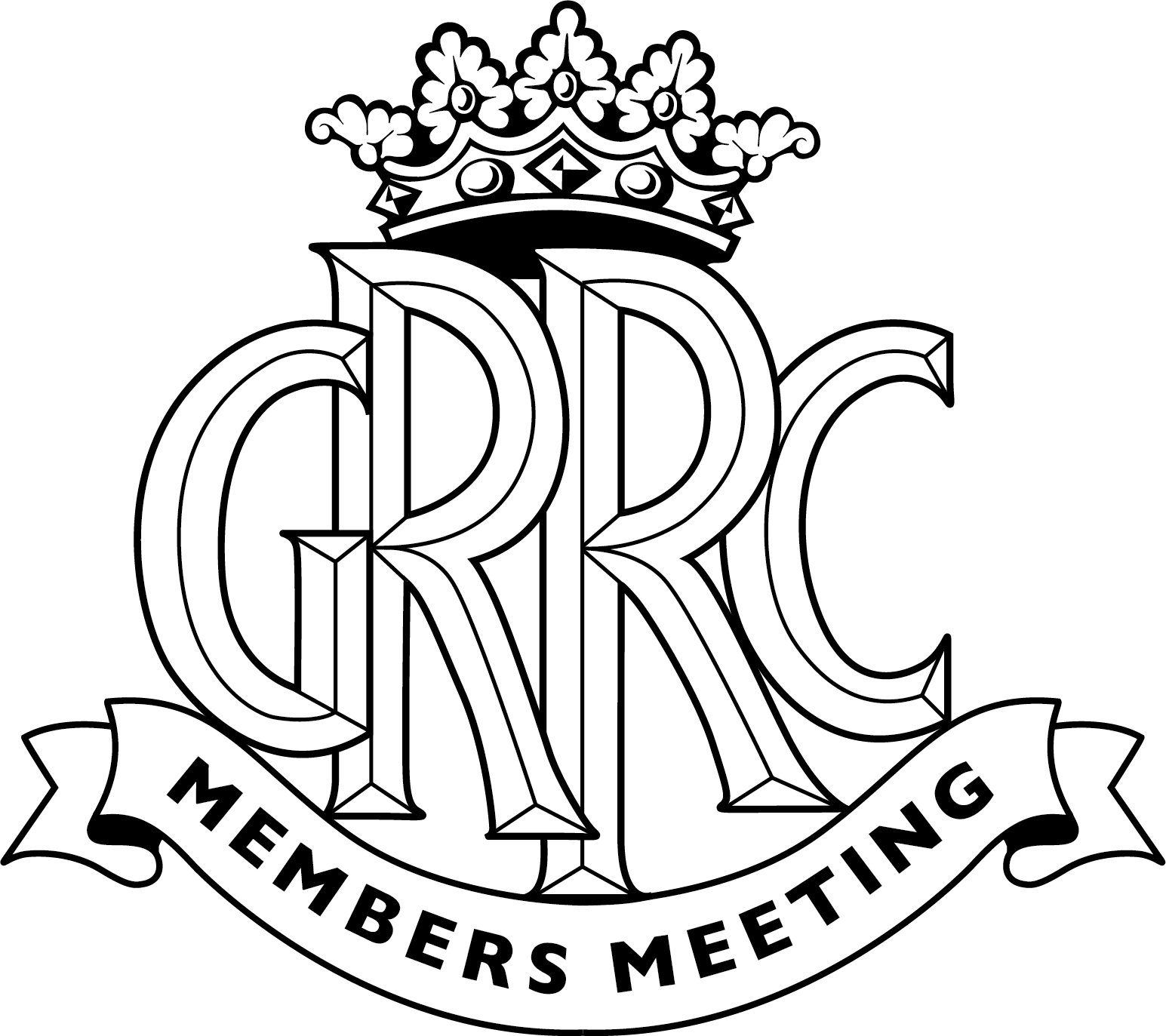Charting the genesis of the Hypercar at FOS
Regulars to the Festival of Speed presented by Mastercard will know the Cartier Style et Luxe well. Even the most steadfast of clingers-on to the Hill-side bales find themselves taking a moment to peruse the Cartier beauties, with the distant echoes of the ongoing Hillclimb action making for some relative peace and quiet.
The different classes make sure we cater to all tastes, too. This year we had dedicated classes for everything from the Ferrari 250, to the Rolls-Royce Silver Ghost, to the original Fiat 500, with Aston Martin DBs and Maserati GTs making knee-quivering additions. Filtering between this veritable chocolate box of automotive temptation you might have found yourself amid a few impressive, if not slightly out-of-place slumbering monsters. What were they doing there?
A Ferrari Enzo, a Porsche Carrera GT, a McLaren F1, a Bugatti Veyron Vitesse, a Pagani Zonda S and a Koenigsegg CC8S, all looking like they’d be more at home on the Hill, comprising in its entirety, this year’s hypercar class. This was our love letter to the millennial car enthusiast, in an attempt to coax out the ten-year-old living in all of us. We loved the Countach, we adored the Miura, we were in awe of the F40, but in our youth there was a new breed of automobile emerging whose mission was, quite simply, to be a cut above the rest.
This was the genesis of the Hypercar. The F40 had the performance and the aggression but lacked the glamour. The Countach and the Miura lacked the punch. This new breed would serve as a vessel for fevered engineers not concerned with sales numbers to vent their fetishism and explore new pioneering technologies. Where their brightest ideas and wildest dreams would be cast in carbon for the frivolous few to accrue. It’s the very fringe of automotive engineering and design, but on the flip side, decadence – where technology and desire are cultivated in equal unprecedented parts. The brief for the car that arguably set the unbeaten standard – the McLaren F1 – was for it to be the finest road car the world had ever seen, or would ever see.
To follow in those tyre tracks, existing marques that once ruled the roost would need to set aside reason and aim for the impossible, and new marques would be born with similar uncompromising visions in mind.
The Enzo brought new levels of performance and F1 technology to the road. The Koenigsegg set its sights on the McLaren’s incredible long-standing speed record. The Zonda set out to encapsulate art and engineering on four wheels like never before. The Carrera GT distilled the quintessential and exquisite Porsche driving and engineering character, born out of the remains of a stillborn Le Mans racer. The Veyron aimed, quite simply, for perfection and performance the likes of which had never been seen in an automobile, spawning the ultimate grand touring tool. The idea of these sorts of cars – whose reason for existence was existence itself – to define the outer fringes of what was possible, simply wasn’t heard of before the F1 arrived.
Today the concept of the hypercar has been revisited a few times, and the performance standards set by the F1 in 1993 have since been usurped. The breed has evolved to become outlandish beyond all measure in terms of performance, price and exclusivity, but the ethos is still there. The yearning to shoot for what we perceive as impossible is still there and we’re still going for it. These cars on the Cartier Lawn encapsulate the birth of the breed. Though antiquated now, they’re still timeless, and the flicker of infantile wonderment they mustered in the eyes of Cartier wanderers was priceless, thus, their place on this lawn of historic wonders was fully earned.
Photography by Tom Shaxson and James Lynch
FOS
FOS 2017
McLaren
F1
Pagani
Zonda
Bugatti
Koenigsegg
Ferrari
Porsche
2017











































































